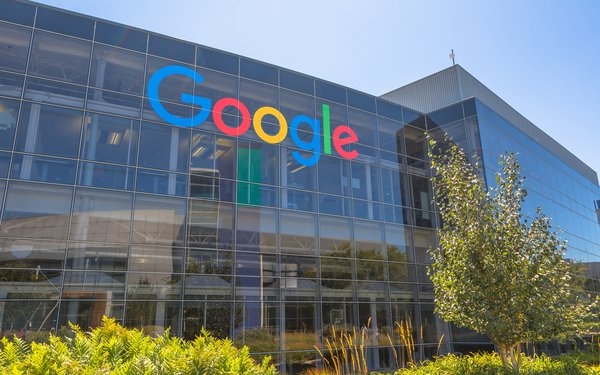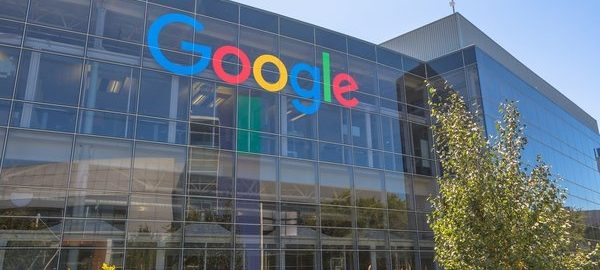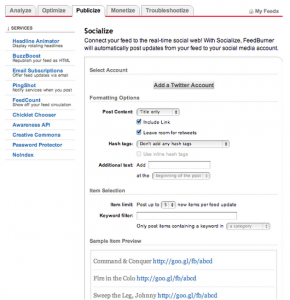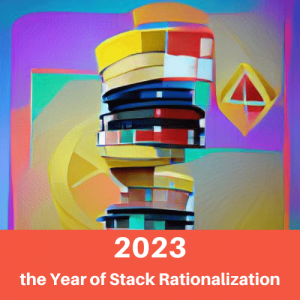Google Hit With UK Antitrust Probe Into Ad-Technology Roles

The Competition and Markets Authority (CMA) announced Thursday another investigation into Google for potential antitrust abuse in connection with its advertising technology.
This is the second investigation by the CMA into Google’s advertising practices. The first centered on a deal between Google and Facebook in March. It also launched an investigation into Google’s privacy strategy, Sandbox, after receiving complaints about the planned strategy.
The CMA in February accepted a revised commitment from Google’s proposal to remove third-party cookies from the Chrome browser after the organization’s in-depth investigation to address competition concerns.
“They are viewing it as a monopoly because they’re sharing data across platforms, but I do not think it’s a way to break-up what they’re calling a monopoly,” said Jonathan Kagan, vice president of search at the agency 9rooftops. “The only way you can breakup the Google monopoly is to have a direct competitor to compete like Amazon and Facebook.”
This time the CMA will examine three parts of the advertising supply chain.
Google owns the largest service providers for each. The three functions being questioned include demand-side platform, ad exchange, and publisher ad server.
Google’s platforms that do these three functions are closely linked.
The Google Display Network supports ad serving, but the Display and Video 360 (DV 360) and Search Ads 360, allow advertisers and media agencies to buy publishers’ advertising inventory from many sources to automate the sale of publishers’ inventory. It allows for real-time auctions by connecting to multiple DSPs and collecting bids.
Publisher ad servers like Google Ad Manager manage the publisher’s inventory and determine which ad to show, based on the bids received from different exchanges or direct deals between publishers and advertisers.
In 2019, the CMA published a market study on the processes of each piece of software. That market study is now obsolete. Google has since combined and merged many of its ad products into one another, making the complex system even more opaque.
The CMA will determine whether Google’s practices in these parts of the ad-tech stack may distort competition. These include whether Google limited the interoperability of its ad exchange with third-party publisher ad servers or contractually tied these services together, making it more difficult for rival ad servers to compete.
Andrea Coscelli, the CMA’s CEO, in a release cited concerns that Google may use its position in ad technology to favor its own services to the detriment of its rivals, customers and their clients. A bad think for millions of people who have access to a wealth of free information online every day, he said.
“Weakening competition in this area could reduce the ad revenues of publishers, who may be forced to compromise the quality of their content to cut costs or put their content behind paywalls,” Coscelli said. “It may also be raising costs for advertisers which are passed on through higher prices for advertised goods and services.”
(30)
Report Post







